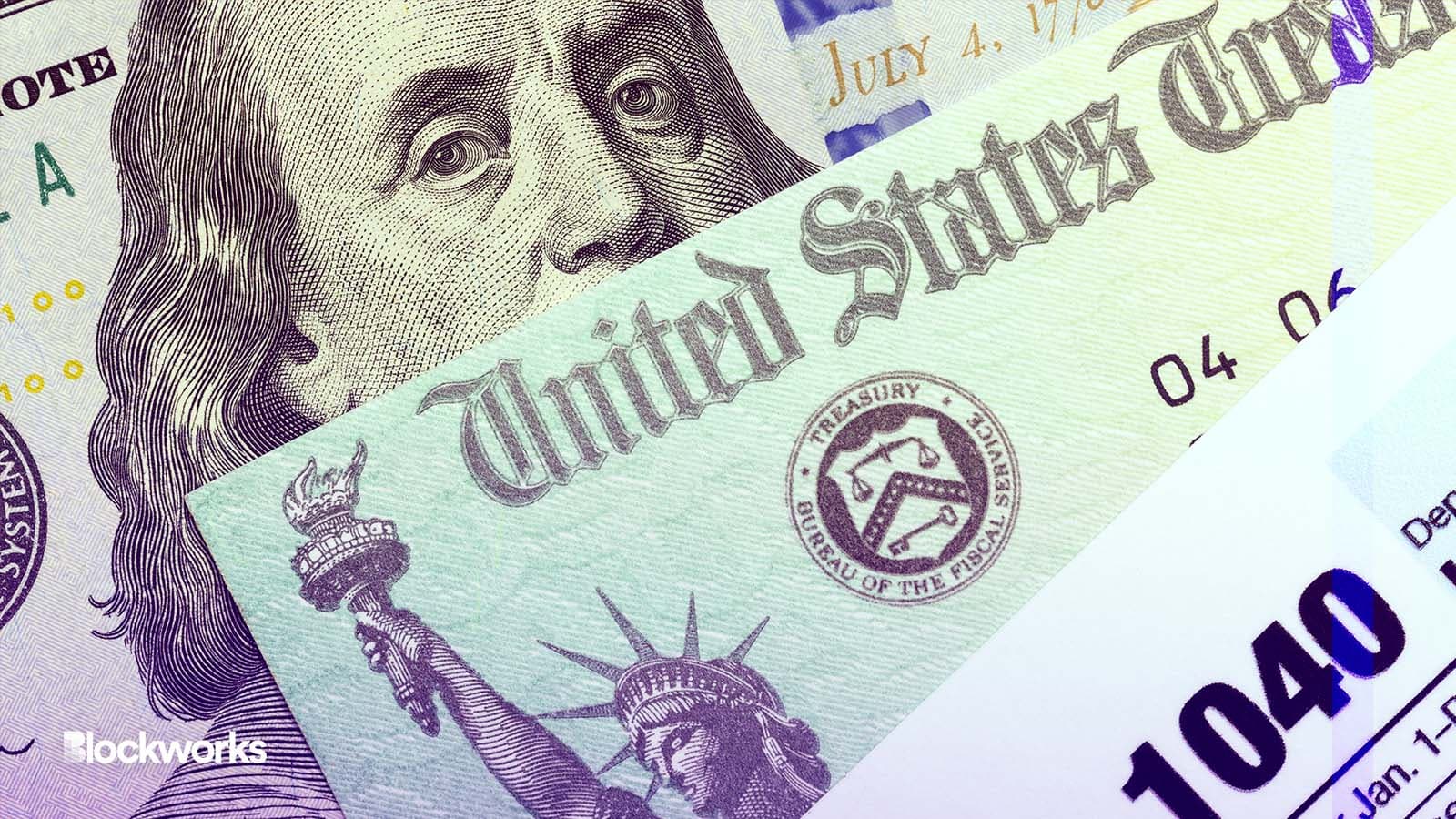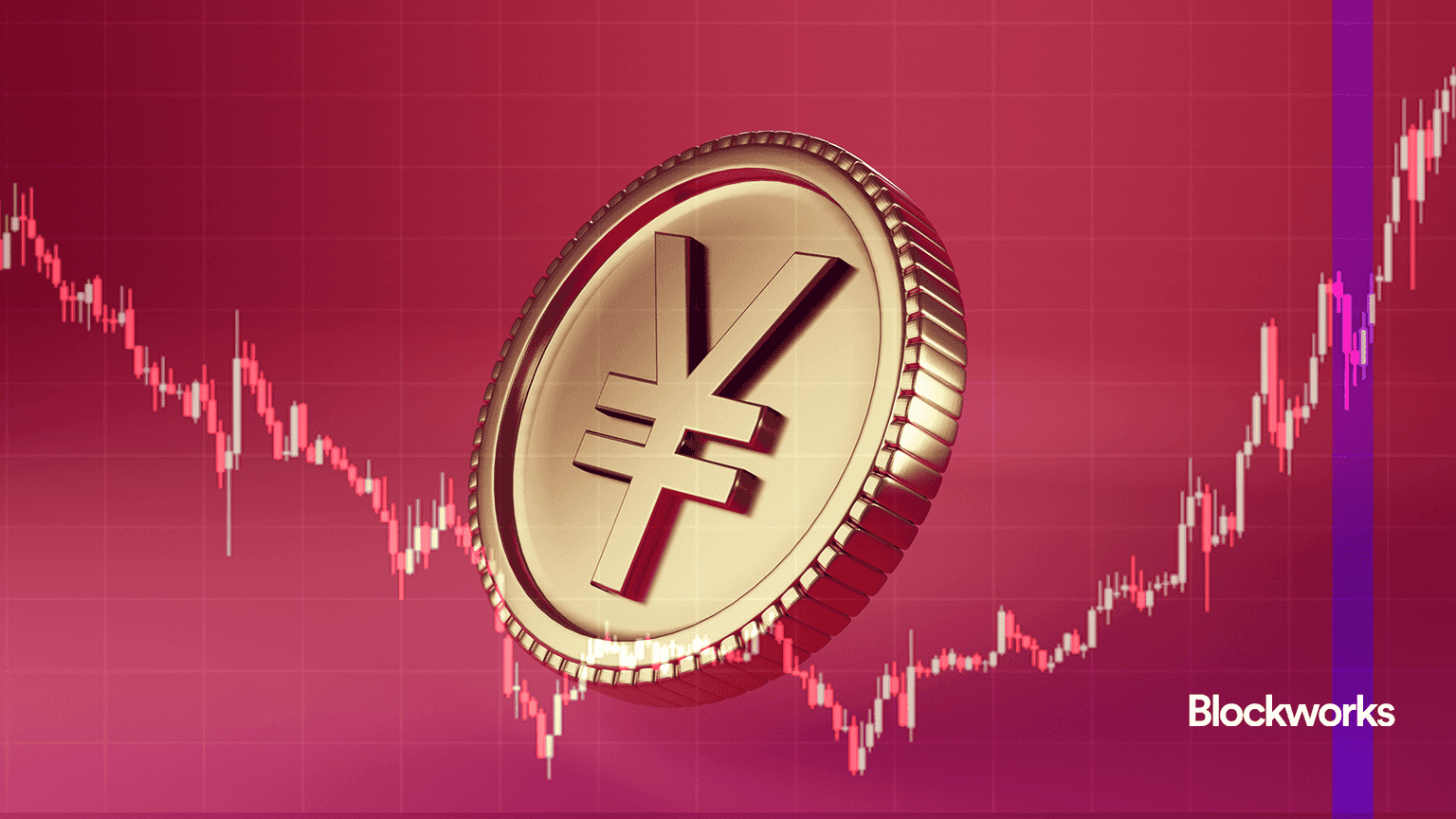Tax Day Countdown: Crypto Investors Should Get Their Extensions in, CPA Says
The deadline to file your tax return or an extension for 2022 is April 18, and filers looking for extra time should make a payment with their extension

Mega Pixel/Shutterstock modified by Blockworks
Crypto investors who do not have their ducks in a row ahead of next week’s tax deadline are best off filing for an extension, accountants advise.
“If you’re still struggling to reconcile your crypto activity and filing taxes, at this point, I would encourage you to file for an extension because time is running out,” Shehan Chandrasekera, head of tax strategy at CoinTracker, told Blockworks.
The deadline to file your tax return from 2022 or an extension is April 18. Filers looking for extra time need to make a payment with their extension, the exact liability amount does not need to be paid, but some sort of payment must be submitted.
The extension gives filers until October 15 to get their returns in order.
The IRS has steadily been trying to increase its surveillance over crypto activity, adding new questions and classifications to gather more information about filers’ exact crypto histories. This means that traders should be vigilant, said Chandrasekera.
In 2022, the agency updated the individual income tax return, Form 1040, to clarify that “receiving” cryptocurrency includes digital assets earned through “rewards, awards or compensation.” The IRS said it also wants to know if taxpayers sent or received cryptoassets as gifts.
Even though sending and receiving gifts aren’t taxable, traders will still need to say ‘yes’ to the question in order to maintain compliance with the tax authority, Chandrasekera said.
He said that crypto traders need to be especially proactive in getting their obligations sorted. Most wallets and exchanges do not provide any tax forms at the end of the year, so the responsibility is on the investor to stay on top of transactions and gains or losses.
“We saw in 2022 that a lot of people had losses,” notes Chandrasekera. “People think ‘I just had losses like I don’t need to report them,’ but actually, if you do have losses, you should also report them.”
Losses can come in handy for reducing taxable gains or even offsetting income taxes in some situations, Chandrasekera added, so traders shouldn’t discount them.
Failing to disclose or file correctly can also be costly for filers. The way different fines are calculated varies based on the offense, but commonly traders will be hit with underpayment penalties. These fines will be based on how late the payment is made and what interest will be charged, according to Chandrasekera.
This tax season is potentially one of the last where crypto traders will continue operating under the same system. Changes in NFT tax classifications and how the IRS defines brokers are expected to take effect in future tax years, so filers should keep an eye out for new guidance.
The IRS first asked about crypto holdings in 2019 on the Schedule 1 form, which is not required of all taxpayers. In 2020, the agency asked about crypto holdings for the first time on Form 1040, a requisite for all taxpayers.
Get the news in your inbox. Explore Blockworks newsletters:
- The Breakdown: Decoding crypto and the markets. Daily.
- 0xResearch: Alpha in your inbox. Think like an analyst.






